Being Alive and at Risk: Building a Meshwork of Risk and Health Among Young Adults

Introduction and Context The research explores the concept of risk in relation to young adults’ participation in diverse sport and leisure environments. Because of the many broad and divergent definitions of risk as well as its all-encompassing and evolving nature within and beyond sport and leisure, risk scholarship has typically suffered from an inability to…
A better way to do sport? Exploring the Indigenous Engagement Program’s* impact on cultural awareness and safety, Indigenous cultural inclusion, and reciprocity among U SPORTS teams
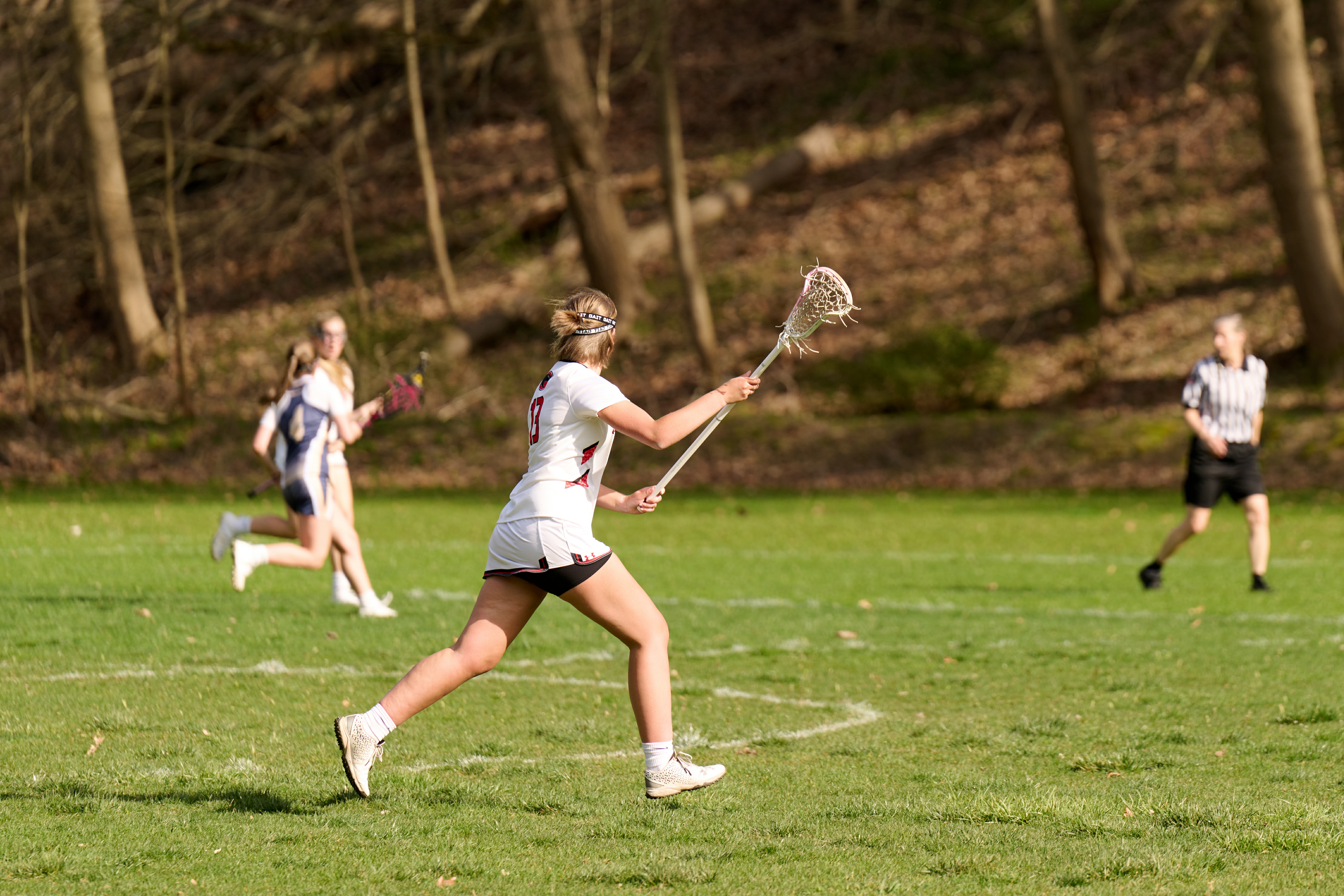
*Note that the Indigenous Engagement Program was previously called the Front Runner Project, but we are no longer using the latter name. Introduction and Context Equity, diversity, and inclusion efforts are becoming commonplace among sport organizations. It is not uncommon, however, for efforts to be superficial and short-term. This project aimed to examine the learning…
Meaning, Trust, and Belonging: Exploring the Factors that Foster Elite Refugee Athletes’ Growth
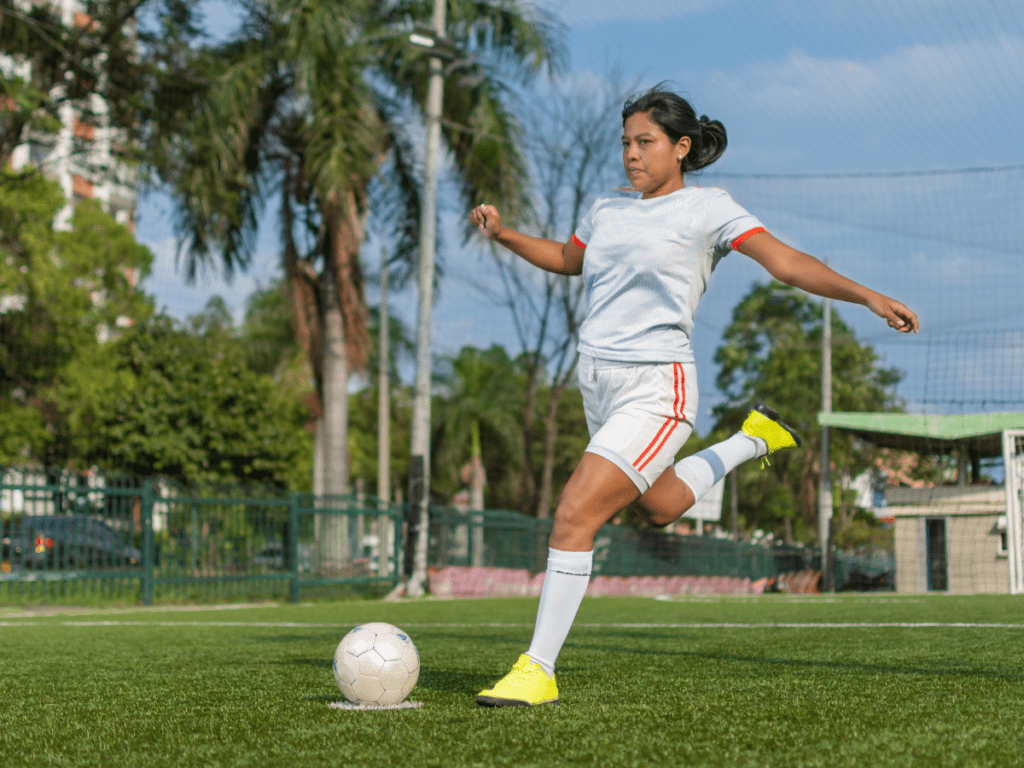
Introduction and Context Within the last decade there has been increased attention in supporting elite refugee athletes through sport. This attention includes international teams in the Olympics and national teams within their new countries. Many of these athletes have competed internationally for their home countries and seek to do the same within Canada, a global…
Do you see what I see? Understanding talent selection in sport
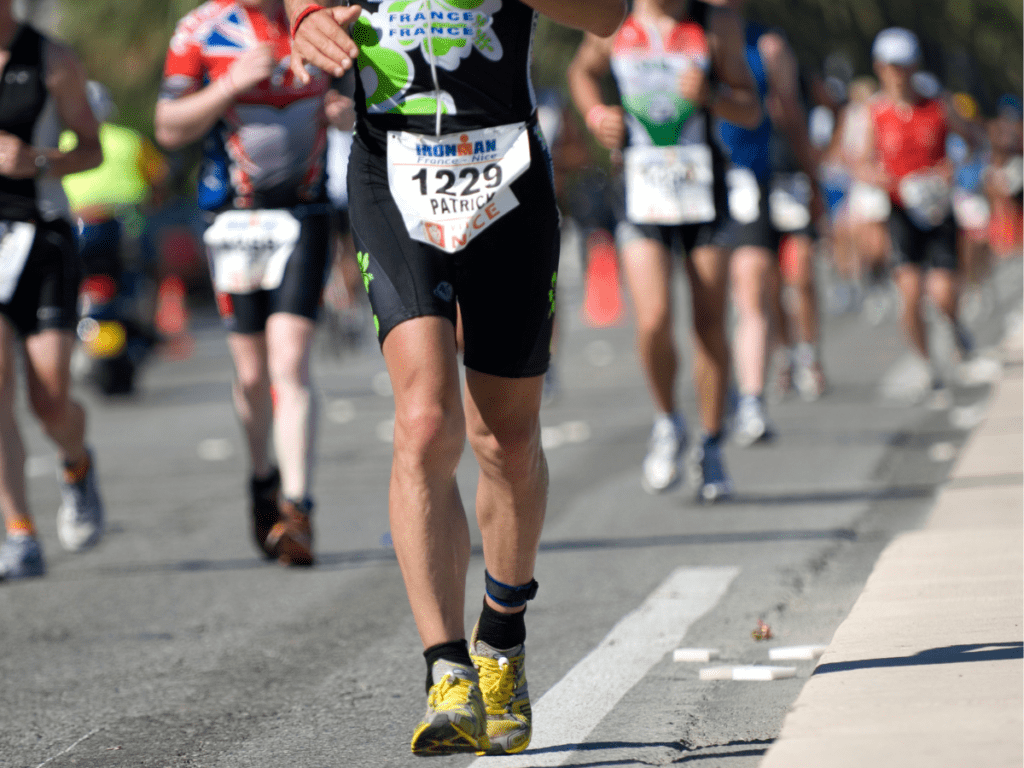
Introduction and Context Over the past two decades there has been increasing interest in evidence-based approaches to talent selection and identification. This is often coupled with an emphasis on the early identification of ‘talented’ athletes, based on the assumption that these athletes need to be nurtured (e.g., by providing opportunities for advanced coaching, competition) to…
ParkSeek: Linking young Canadians to parks and recreational resources using geo-targeted messaging in a smartphone application

Introduction and Context The ParkSeek study aimed to identify barriers to youth (aged 13-25) engagement with parks and recreational resources via a novel geographic ecological momentary assessment (GEMA). However, due to the COVID-19 pandemic situation, substantial challenges were encountered in the recruitment of youth to participate in the originally designed study. Therefore, a broader approach…
Sleep, Socioemotional Functioning, and Symptom Experience: An Experimental Sleep Restriction Study

Introduction and Context Concussions are very common in sport (Daugherty et al., 2020). As such, accurate assessment of concussion is imperative for safe participation in sport at all levels. A major domain of assessment is self-report symptoms (Patricios et al., 2023). It is well-known that concussion-like symptoms (CLS) are common both after concussion and in…
Rink Rage: Spectator Violence in Minor Hockey in Canada
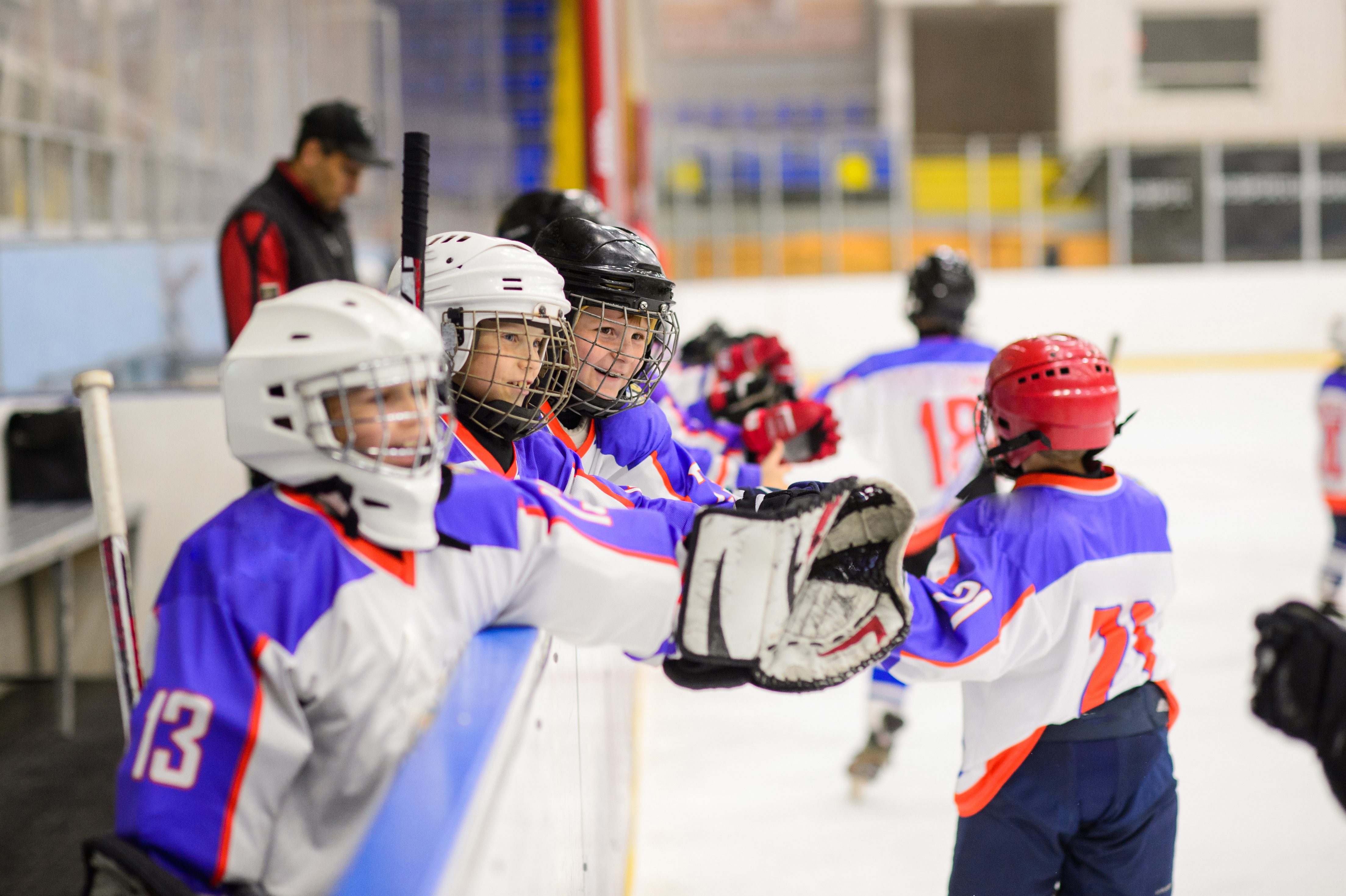
Project Summary This study examines the prevalence, causes, and responses to parental violence, aggression, and abuse in minor hockey in Canada. It draws on 122 semi-structured, qualitative interviews with minor hockey stakeholders across Canada, and the textual analysis of media and legal reports of 65 cases of parental violence in minor hockey, and 58 minor…
Advancing an agenda for research partnerships in sport

Introduction and context The goal of this research was to create an agenda that will advance support and capacity for research partnerships in sport. Effective partnerships between academics (e.g., faculty, students, consultants) and sport sector members (e.g., organizations, coaches, athletes, government bodies) can bridge gaps between research and practice, leading to evidence-based sport policies and…
Facilitating physical activity and physical education participation in autistic children and youth
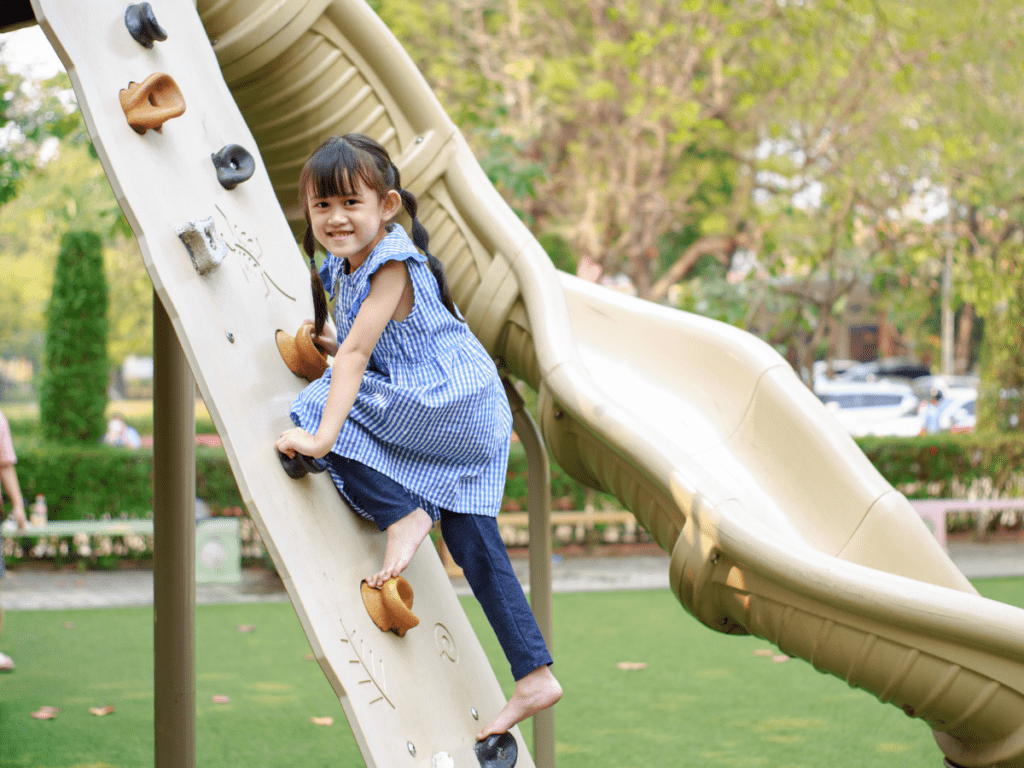
Introduction and context Participation in physical activity (PA) and physical education (PE) is very important for all children and youth (C&Y) because it helps with physical, social, affective, and cognitive development (Bailey, 2006). Autistic C&Y especially gain from PA and PE as it may help develop their physical and social skills, including cooperation and personal…
An investigation of innovation in community sport organizations
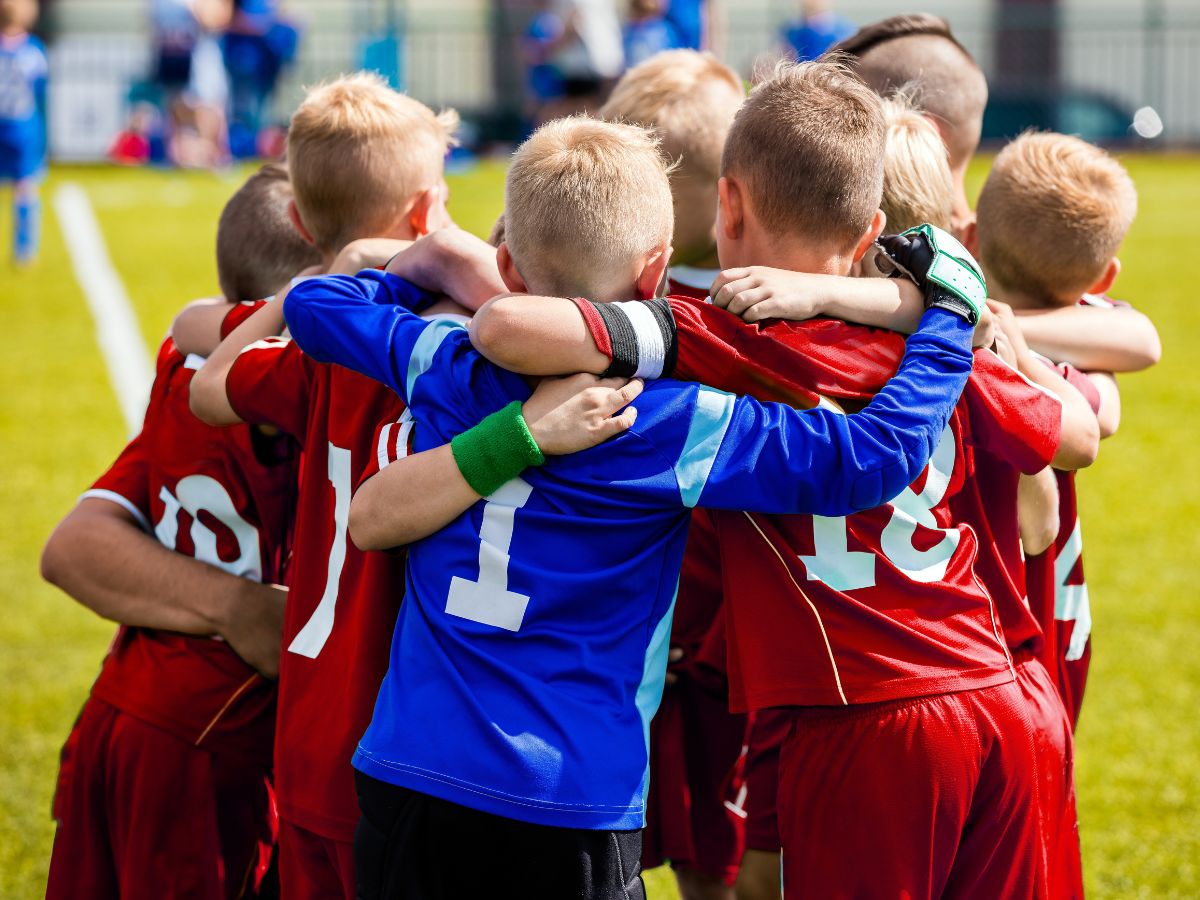
Project summary This research builds on a previous project exploring the incidence and nature of innovation in community sport organizations (CSOs). We uncovered that CSOs are turning to innovation, that is any organizational effort perceived as new by the organization, to meet member and societal demands, and to survive in a changing and challenging environment….